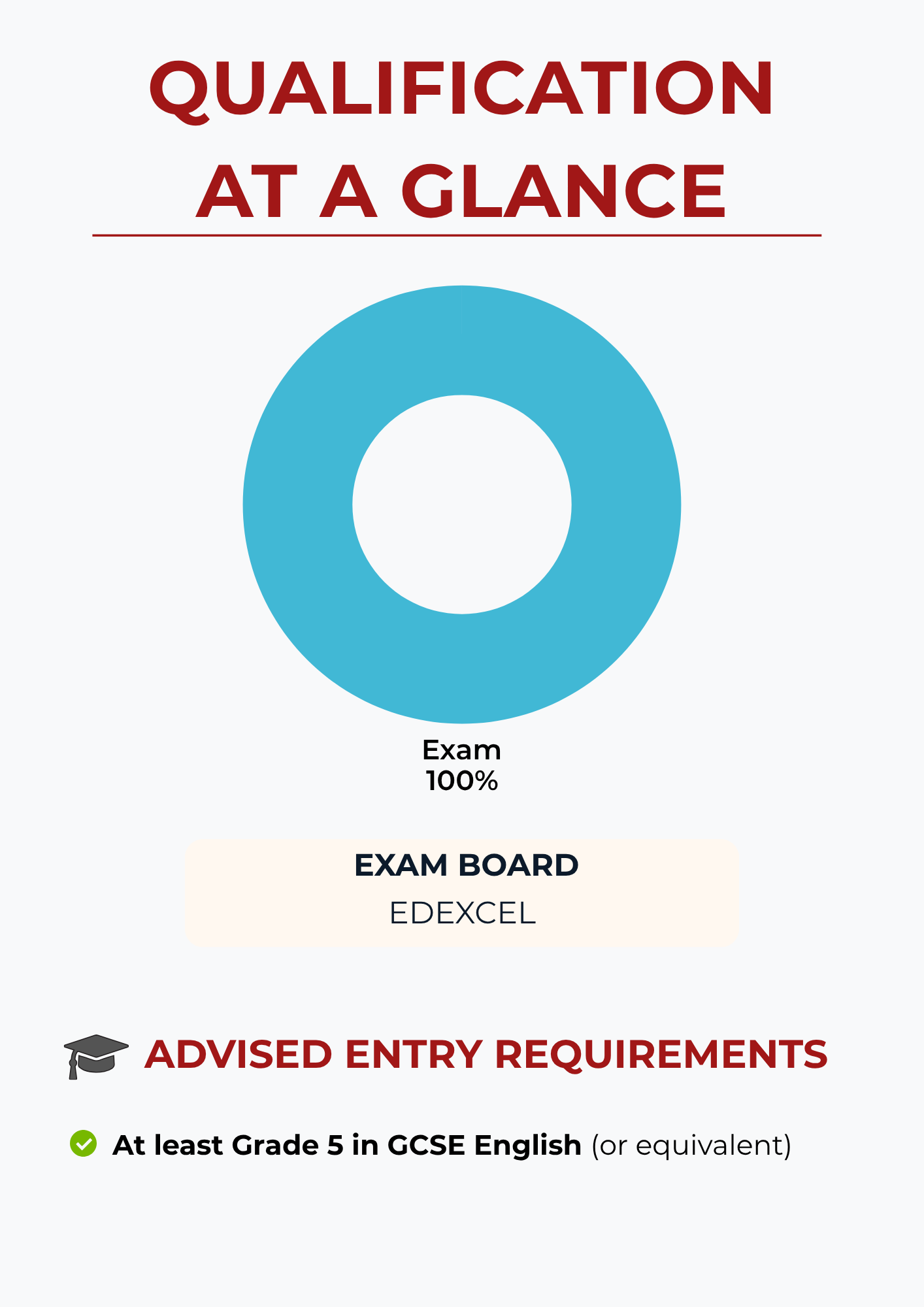POLITICS (Humanities)
Why Choose Politics?
Politics is one of the most exciting and relevant subjects you can study. Every headline, every election, and every global event connects directly to what you learn in the classroom. Studying Politics helps you make sense of the world around you and gives you the confidence to have a voice in shaping it.
You will explore how power really works, how decisions are made, and how ordinary people can change society. From Parliament and Prime Minister’s Questions to the White House and the Supreme Court, you will debate the issues that dominate national and global headlines.
Politics challenges you to think deeply, argue effectively, and develop opinions based on evidence and ideas. It turns discussion into action and curiosity into understanding.
Course Overview
Year 12
Unit 1 – UK Politics
-
Democracy and participation
-
Political parties and party systems
-
Electoral systems
-
Voting behaviour and the media
Core Political Ideas
-
Conservatism
-
Liberalism
-
Socialism
You will learn how democracy works in Britain, analyse why people vote the way they do, and evaluate how the media influences politics. You’ll also study the great political thinkers whose ideas have shaped our modern world.
Year 13
Unit 2 – UK Government
-
The constitution
-
Parliament
-
The Prime Minister and executive
-
Relations between the branches
Non-Core Political Idea (choose one):
-
Anarchism
-
Ecologism
-
Feminism
-
Multiculturalism
-
Nationalism
Unit 3 – US Politics and Government
-
The Constitution and federalism
-
Congress
-
The Presidency
-
The Supreme Court and civil rights
-
Democracy and participation
-
Comparative politics between the UK and the USA
In Year 13, you move from understanding how government functions to analysing power in action. You’ll compare political systems in the UK and the USA, exploring the differences between Westminster and Washington, and between Prime Ministers and Presidents.
Assessment
-
Three written examinations at the end of Year 13 (each 2 hours):
-
Paper 1: UK Politics and Core Ideas
-
Paper 2: UK Government and Non-Core Idea
-
Paper 3: Comparative Politics (USA and UK)
-
Each paper includes source analysis, short-answer, and essay questions that test your knowledge, understanding, and ability to argue effectively.
There is no coursework, but there are plenty of opportunities for debate, research, and discussion throughout the course.
Why Study Politics at John Kyrle?
Politics sits perfectly within the Humanities Faculty, connecting with History, Geography, Sociology, Criminology and Philosophy and Ethics to help you develop a broad and informed understanding of society.
We are known for the care we show our students as individuals, supporting each one to achieve their best possible outcomes. You will be encouraged to develop your own views, challenge assumptions, and communicate with clarity and confidence.
We make use of contemporary events, visiting speakers, and opportunities for student leadership to show how ideas translate into real influence. Politics sits perfectly within the Humanities Faculty, connecting with History, Sociology, Criminology, and Religious Studies to help you develop a broad and informed understanding of society.
There are no compulsory costs, though optional trips may incur small charges. Core Maths is not required for this subject.
Where Can Politics Take Me?
University:
A Level Politics is highly regarded for degrees in Politics, Law, International Relations, Journalism, History, and the Social Sciences.
Careers:
Opens doors to the Civil Service, journalism, law, teaching, business, public relations, and charity work.
Skills for Life:
Builds analysis, evaluation, debate, communication, and critical thinking skills that are valued by universities and employers alike.
Studying Politics gives you knowledge, confidence, and the ability to understand and shape the world.
